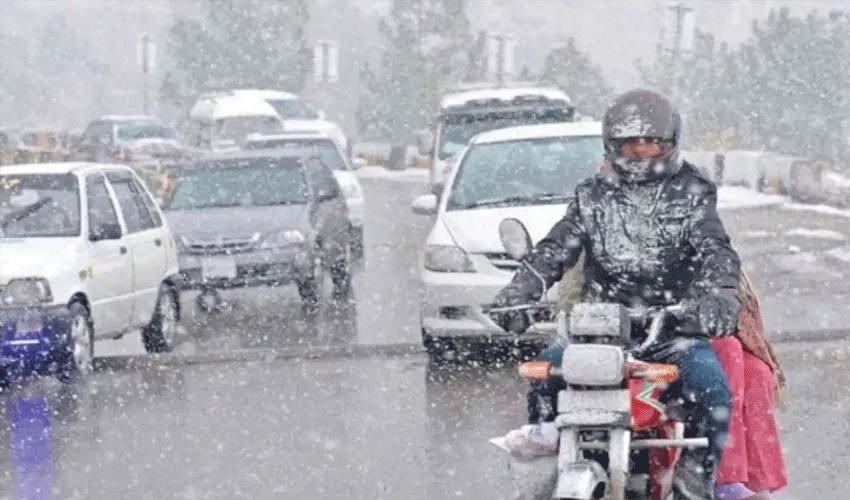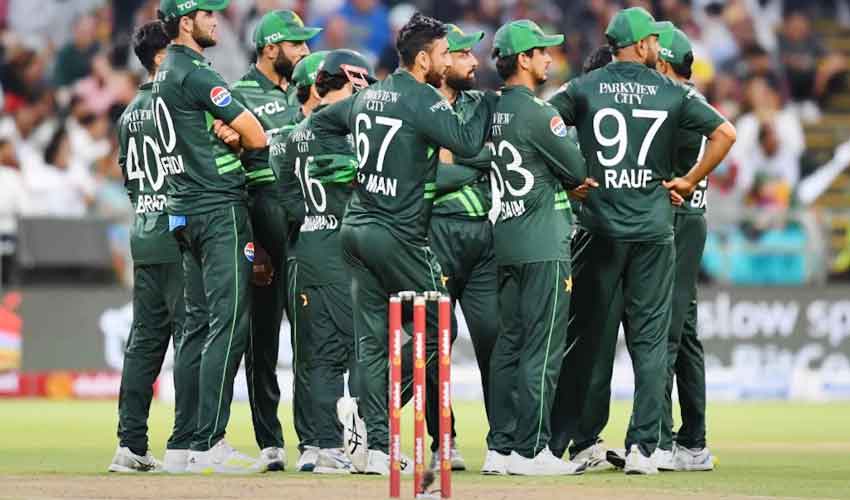The residents of Islamabad are facing a serious public health crisis as contaminated drinking water continues to flow from several filtration plants managed by the Capital Development Authority (CDA). Most of these plants lack modern filtration systems, forcing citizens to consume unsafe water.
According to a recent report by the CDA, 16% of water samples from filtration plants were found to be unsafe for consumption. Despite this alarming revelation, authorities have yet to implement an immediate solution, with plans for upgrades still in the pipeline.
Islamabad has 98 water filtration plants across various sectors and model villages, but their management has been outsourced to five different NGOs. Residents from different areas have raised concerns over the deteriorating water quality, stating that the issue persists in multiple sectors.
"Drinking contaminated water has serious health consequences. CDA must conduct regular inspections and upgrade the filtration plants," a resident demanded. Another citizen emphasized the urgent need for government intervention, highlighting that clean water shortages are worsening in both Islamabad and Rawalpindi.
Meanwhile, DG Water Management CDA, Sardar Khan Zimri, acknowledged the problem, stating that "two to three percent of results test positive due to coliform bacteria. Funds have been allocated, and a regular chlorination system will be installed soon. We expect the issue to be completely resolved within a few months."
Experts stress that proper maintenance of filtration plants, timely replacement of cartridge filters, and sterilization are crucial to ensuring safe drinking water.
With clean drinking water being a fundamental necessity, authorities must act swiftly to address this pressing public health issue before it escalates further.


























